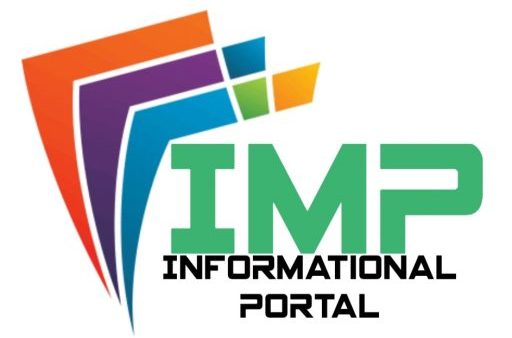Canada Flexible Health Spending Account FHSA withdrawal form download – FHSA RC 725 withdrawal form download
Flexible Health Spending Account (FHSA) in Canada: A Comprehensive Guide
In the Canadian healthcare system, where public health insurance covers essential services, many employees still face significant out-of-pocket expenses for healthcare that falls outside the scope of provincial coverage. This gap has prompted companies to offer additional benefits to help employees manage these costs. One such benefit is the Flexible Health Spending Account (FHSA), a popular option for employers looking to provide their employees with more control over their health-related expenses.
What is a Flexible Health Spending Account (FHSA)?
A Flexible Health Spending Account (FHSA) is a type of employer-sponsored benefit plan designed to help employees cover medical expenses that are not typically covered by provincial health insurance or traditional workplace health benefits plans. The FHSA is funded by the employer, though employees have the flexibility to choose how to use the funds for various healthcare expenses. Unlike standard health benefits plans, which offer predefined coverage for specific treatments or services, an FHSA allows employees to access a broader range of healthcare needs.
The account is called “flexible” because it provides a customizable structure for employees, offering a broad spectrum of eligible medical, dental, and vision expenses. This flexibility ensures employees have the ability to manage their health needs without bearing the full financial burden of out-of-pocket costs.
FHSA Withdrawal Form Download
If you are looking for FHSA withdrawal form download, then you can download FHSA withdrawal form download through the official website of Canada CRA.
How Does an FHSA Work?
The FHSA is a non-taxable benefit, meaning that employees do not have to pay tax on the funds provided by their employer for health-related expenses. Here’s how it generally works:
- Employer Contribution: The employer sets a certain amount of money (usually on an annual basis) that will be deposited into the employee’s FHSA. This amount can vary based on the employer’s policies or the specific benefits plan.
- Eligible Expenses: Employees can use the funds in their FHSA to cover a wide range of healthcare expenses.
- Unused Funds: If the employee does not use all of the funds within the plan year, the leftover balance may either be rolled over to the next year or forfeited, depending on the terms set by the employer. This rollover feature offers an additional benefit for employees, allowing them to accumulate savings for future health expenses.
- Reimbursement Process: Employees submit receipts for eligible healthcare expenses, and the employer reimburses them up to the available balance in the FHSA. This reimbursement is usually tax-free, adding to the financial benefits.
Key Benefits of FHSA
- Tax Advantages: – One of the major advantages of an FHSA is that both the contributions made by the employer and the reimbursements to employees are tax-free. This makes it an attractive benefit for both employers and employees, as it helps employees manage their medical expenses while reducing the overall tax burden.
- Flexibility and Control: – Unlike traditional health insurance plans, which typically cover only specific services or treatments, the FHSA allows employees to choose how to allocate their funds. This flexibility ensures that individuals can address their personal healthcare needs based on their circumstances. Whether it’s dental work, eye care, or prescription medication, the employee can use the funds as necessary.
- Encourages Preventive Care: – With the ability to allocate funds to a variety of medical services, employees are more likely to invest in preventive care, such as regular dental check-ups, eye exams, or physiotherapy. Preventive care plays a crucial role in maintaining long-term health and reducing the overall cost of healthcare.
- Attracting and Retaining Talent; – For employers, offering an FHSA is a powerful tool to attract and retain top talent. A comprehensive benefits package that includes an FHSA enhances the overall compensation package and helps ensure employees’ health needs are covered. In an increasingly competitive job market, this benefit is one that many employees value highly.
- Customizable to Employee Needs: – The flexibility of an FHSA means that it can be tailored to suit different employee demographics. For example, younger employees may use the account for dental and vision care, while older employees may focus on physiotherapy or medications. The ability to choose what works best for them ensures that the account remains a useful and valuable tool throughout an employee’s career.
Considerations for Employers
While offering an FHSA can be a great way to provide employees with added benefits, there are some considerations that employers should keep in mind:
- Contribution Limits: Employers need to decide how much to contribute to each employee’s FHSA. While this benefit can enhance an employee’s overall compensation, employers should balance generosity with budget constraints.
- Plan Administration: Some employers may need to hire third-party administrators to manage the FHSA. This adds a layer of complexity but also ensures the plan runs smoothly and is compliant with tax regulations.
- Eligibility and Restrictions: There may be limitations on the types of expenses that are eligible for reimbursement through the FHSA. Employers should communicate these restrictions clearly to employees to avoid confusion and ensure the plan is used as intended.
